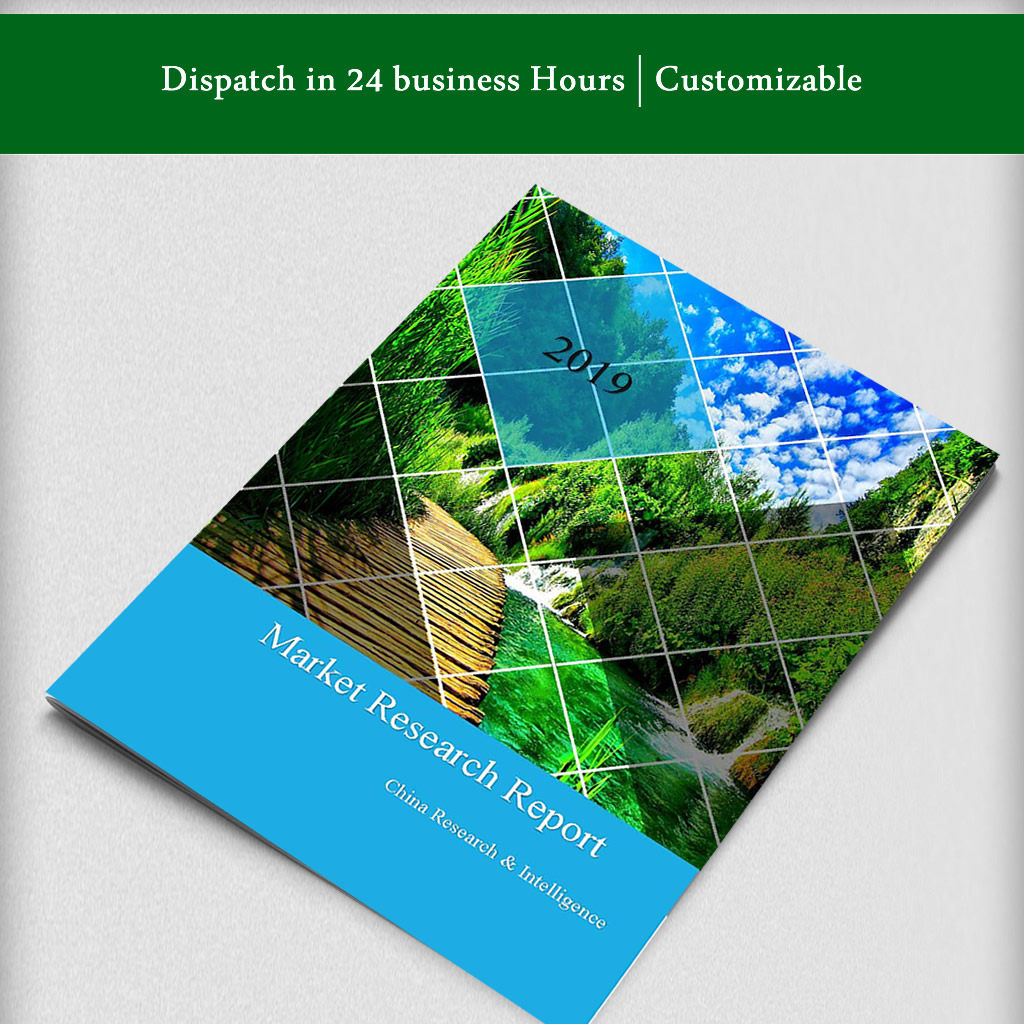Description
Market insights:
Increasing health concerns, and unavailability of clean drinking water have led to the growth of the bottled water market in India. The market is expected to reach INR ~403.06 Bn by the end of 2023, from its current value of INR ~160 Bn, expanding at a compound annual growth rate (CAGR) of ~20.75% from 2018. Based on volume, the market is likely to reach ~35.53 Bn liters by 2023, expanding at a CAGR of ~18.25% from 2018 to 2023. The major bottled water brands operating in India are Bislery, Kinley, and Aquafina.
Stock keeping unit (SKU)-wise segment insights:
In India, bottled water is sold in four main types of SKUs – one-liter bottles, two-liter bottles, 500 milliliter bottles, 250 milliliter bottles, pouches, and barrels of 15-20 liters. Among the different SKUs, one-liter bottles have acquired the largest market share of ~42% in 2018, followed by 500 milliliter bottles and 250 milliliter bottles.
Market trends:
• Flavored bottled drinking water has become popular in India. Different kinds of flavored water containing fruit essence and artificial sweeteners like soda, cola, juice, and other sweetened beverages often act as a substitute to plain bottled water. At times consumers prefer flavored bottled water to normal bottled water. This shift is developing an opportunity to expand the product line of bottled water manufacturers in India.
• Apart from individual sales, market players in India have recently inclined towards institutional sales through partnership with airlines, movie theatres, and hotels. Such partnerships are eventually increasing the penetration of the product in the market, followed by rise in the overall sales volume in India.
Market drivers:
• India accounts for ~18% of the global population. In addition, the per-capita income of Indians witnessed a growth of ~8.6% in 2017. Moreover, increased awareness among the growing population about the importance of safe drinking water for maintaining good health, along with a sharp rise in per capita income is creating a demand for bottled water in India.
• Tourists prefer bottled water to normal tap water. The rate of foreign tourists in India is expected to increase at a rate of ~6.7% during 2015-2025. This, in turn, is anticipated to boost the sale of bottled water in India.
Market challenges:
• In recent years, a number of companies selling fake branded bottled water have cropped up in the market. These players do not maintain quality and hygiene standards, which in turn leads to health issues among consumers. As a result, consumers lose faith in bottled water, thus affecting the overall sales.
• Nearly 67% of the population resides in rural areas. However, the rate of penetration of bottled water is significantly low in these regions. This, as a result, hinders the growth of the market in India.
Companies covered:
• Bislery International Pvt. Ltd.
• Coca-Cola India Pvt. Ltd.
• Dhariwal Industries Pvt. Ltd.
• Indian Railway Catering and Tourism Corporation
• Narang Group
• Nestle Group
• Parle Agro Pvt. Ltd.
• PepsiCo, Inc.
• Tata Global Beverages Ltd.
• United Breweries Ltd.
Customization available



